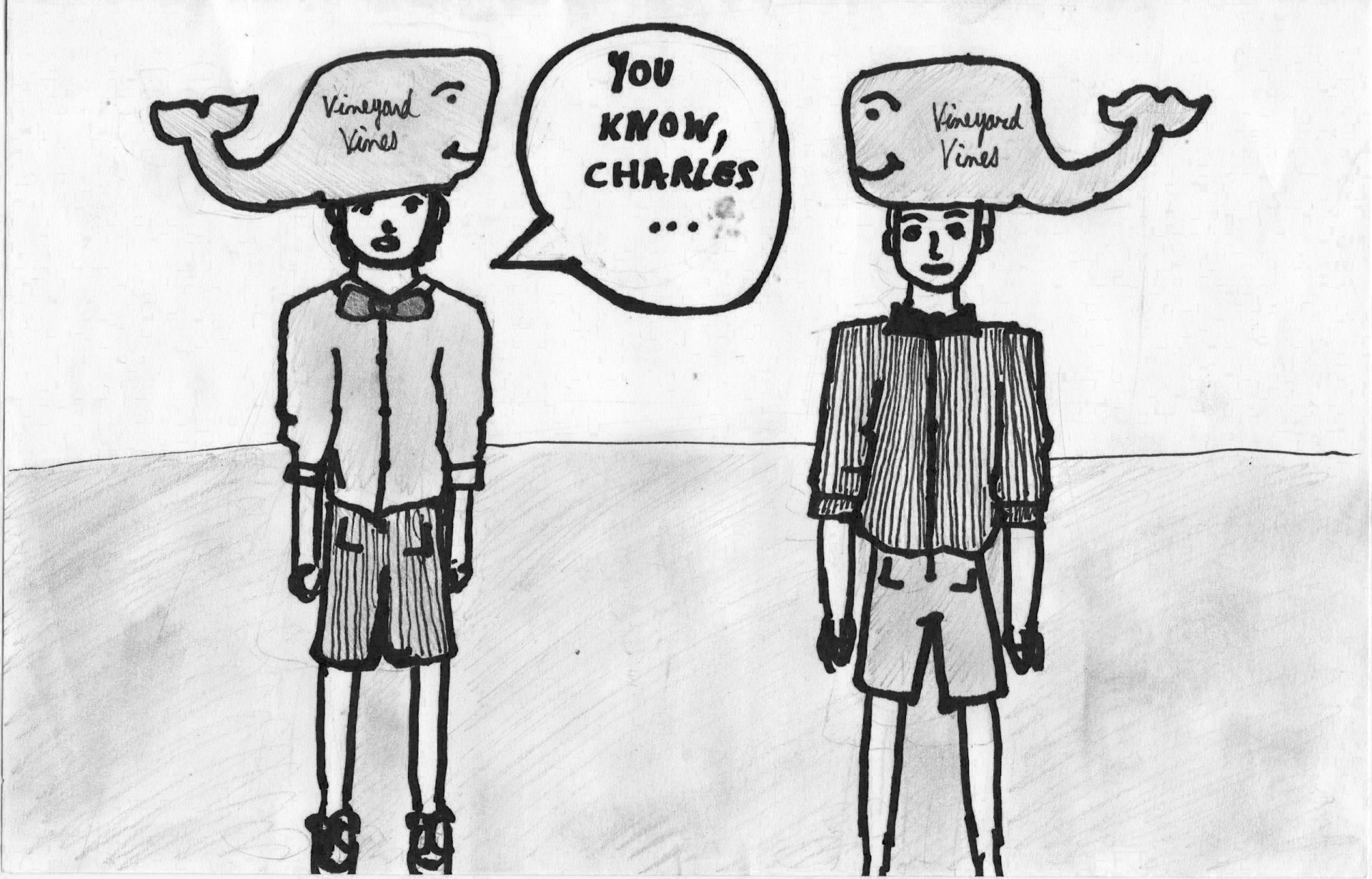Georgetown is great at recruiting an internationally and religiously diverse class, but I can’t comfortably say that this is true of race and socioeconomic status.
I’m a product of broken racial barriers. My mixed ethnicity never was a challenge for me until I went to a school that lacked diversity—namely, Georgetown. Given that I’m already from an area where minorities predominate, the subconscious reflection about the exclusivity here only intensified. I’m not afraid to admit that Georgetown’s lackluster demographics somewhat deterred me from applying, and I still struggle with fitting into the student body.
No student should feel like they don’t fit the mold of a typical Hoya just because their culture doesn’t align with that of the average student. As students, we shouldn’t encourage an environment where individuals feel like they have to be Jane or Joe Hoya. Once a student feels lost in the university body, they become vulnerable and question their identity, sometimes compromising it. There is no reason why it should be such a powerful moment when a minority student meets someone like them—and “like them” meaning that they have felt similarly ostracized. Those otherwise organic moments shouldn’t be rare gems in the four years of an undergraduate career. Once you find a peer that can resonate with you on levels that others can’t, you tend to treasure those encounters, and that’s why being a part of such a tier is magnetic. You helplessly cling to people that you know can and will inherently understand you.
The more and more I learn, the more I start to think about how silence breeds complacency and the implications of being content with bad ideology. How can such a great school that prides itself in being so understanding and progressive be so conservative? Harvard established their African-American studies program in the late 1960s and Georgetown only did so in 2003. Why was this delayed so much? I know for a fact that around that time there were black students right here in Washington, D.C.—like my father. There has only been a small increase in acceptance over a 40-year time period at Georgetown. How is it possible that my father, a student who graduated in 1977, is still shocked at the lack of diversity within the student body when he comes to pick me up for the weekend? Something doesn’t add up. For a fifth of our student body to be black and the University to not put that same fraction of effort into recruiting these bright young people is worrisome. Georgetown should be encouraging minorities and people of all classes, not shying away from them.
The Office of Institutional Diversity, Equity & Affirmative Action had a discussion in 2010 about the integration of diversity into the curriculum by the Academic Diversity Working Group, but l don’t see it. What and where is it? More than anything, I see a stronger tendency towards religious diversity, which understandably coincides with the Jesuit tradition of Georgetown. However, a theology requirement doesn’t increase students’ understandings much because Catholic and religious students are already attracted to this university. Why aren’t we instead addressing the deep roots of racial and socioeconomic segregation? A classroom environment can help facilitate much needed recognition and discussion. There’s clearly a cultural disconnect here if I’m still encountering people who are dumbfounded my that family has been victimized by racism.
And, what about the basic factors dealing with skin color and financial status? People at Georgetown are afraid to use the words “race” and “class.” Some people simply don’t understand it because they’ve never had the opportunity to experience it, but that doesn’t mean that we shouldn’t foster those relationships. Georgetown is such a fabulous resource for learning about every other subject, but honestly, they can’t see what’s right in front of them. If we can take the first step as an institution to stop, realize, and reflect, it can only help us grow.







“Once a student feels lost in the university body, they become vulnerable and question their identity, sometimes compromising it.”
Apparently, subject-verb agreement is not taught at G-town.
“Once you find a peer that can resonate with you on levels that others can’t, you tend to treasure those encounters, and that’s why being a part of such a tier is magnetic. You helplessly cling to people that you know can and will inherently understand you.”
This writing is atrocious.
“Once a student feels lost in the university body, they become vulnerable and question their identity, sometimes compromising it.”
Apparently, subject-verb agreement is not taught at G-town.
“Once you find a peer that can resonate with you on levels that others can’t, you tend to treasure those encounters, and that’s why being a part of such a tier is magnetic. You helplessly cling to people that you know can and will inherently understand you.”
This writing is atrocious.
Where do you see that subject and verb don’t agree?….. smart guy.